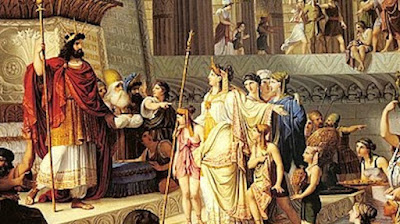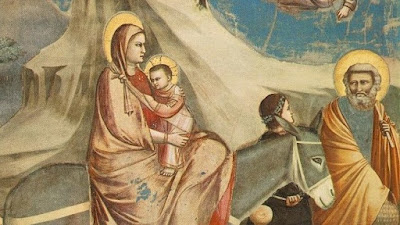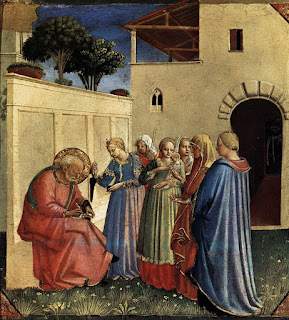A Lenten Bible Study: Genesis to Jesus Lesson Ten: Features of the Kingdom

This is the tenth lesson in the Saint Paul Center for Catholic Biblical Theology 's Lenten Scripture study, Genesis to Jesus. Follow along, and by the end of Lent, you'll understand the importance of Easter in light of God's plan for our salvation and his deep and unfathomable love for us, his adopted children through Christ. _________________________________________________ In our last lesson we learned how David became the king of Israel. And we began to show some parallels demonstrating how the Davidic Covenant is the prototype of the New Covenant of Jesus Christ. Now we will look a little more closely at this covenant with David. Specifically, we are going to identify the seven primary and three secondary characteristics of this covenant. We will conclude by showing how Christ fulfills the Davidic Covenant, as well as the prophesies of kingdom restoration through the Church. We begin this lesson by identifying the seven primary and three secondary characteristi




